The Deputy Prime Minister emphasized that amending the Electricity Law is extremely urgent. As the drafting agency, the Ministry of Industry and Trade needs to closely follow the policies and guidelines of the Party and State, clearly identify the existing problems, weaknesses, and legal gaps in the electricity sector to complete and supplement them; and create a new legal space for the policy of converting fossil energy to green energy and renewable energy.
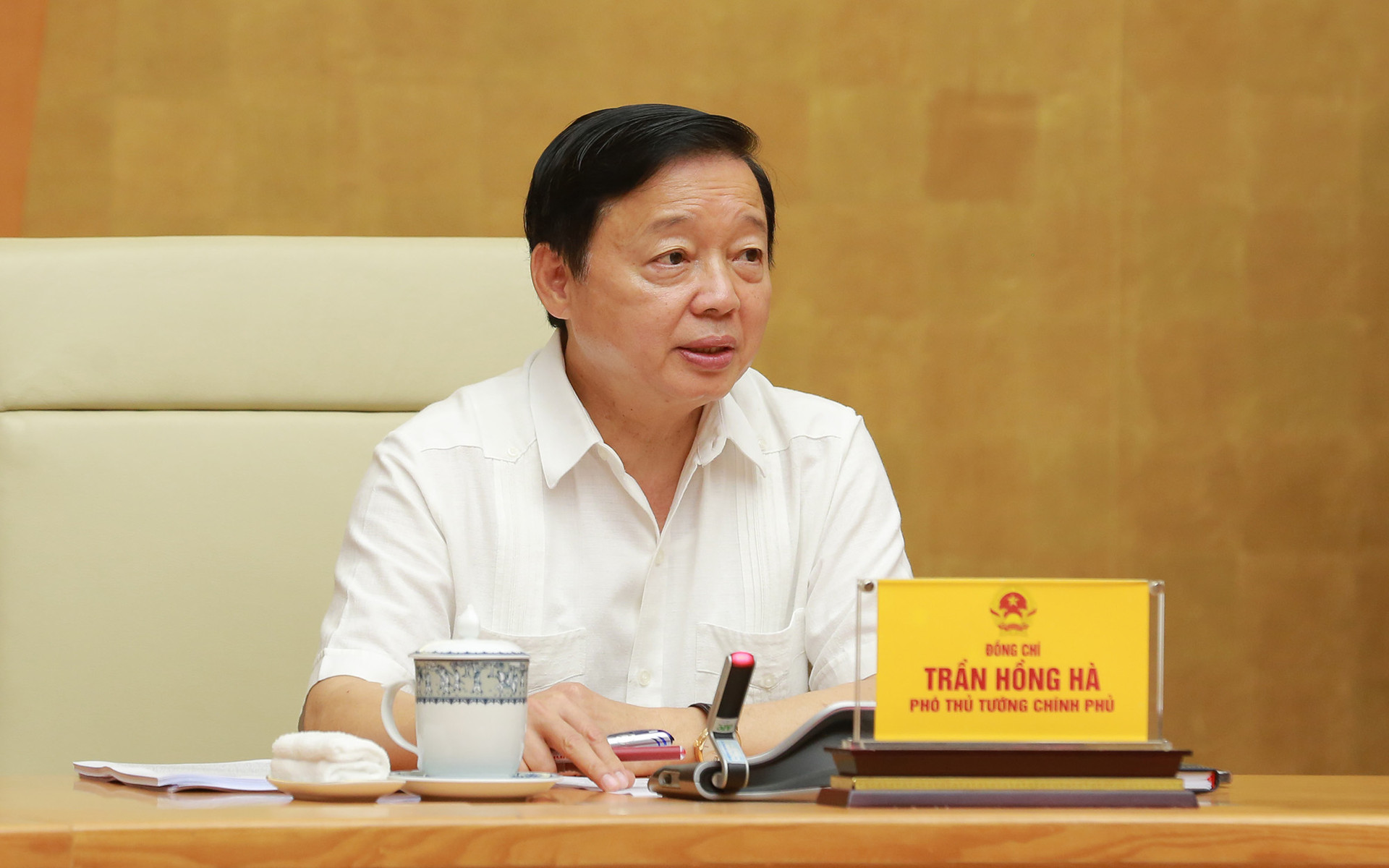
Add many new regulations
Deputy Minister of Industry and Trade Truong Thanh Hoai said that the draft Law on Electricity (amended) aims to institutionalize the Party and State's guidelines and policies on innovation of mechanisms and policies to build a synchronous, competitive, transparent energy market, diversify ownership forms and business methods; apply market prices to all types of energy; promote investment and exploitation of wind power, solar power and other forms of renewable energy; legalize electricity price management; attract foreign investment for green development, energy transition, etc.
The draft law consists of 9 chapters and 119 articles, and is built in the direction of clearly defining the responsibilities of State management agencies (central and local) in policy making and management of the electricity sector; as well as the rights and obligations of organizations and individuals participating in electricity activities and electricity use.
Regarding power development planning and investment in power project construction, the draft Law supplements the authority and responsibility of management agencies in formulating, submitting for approval, adjusting plans and implementation plans; monitoring the progress of power source projects; mechanisms for handling projects that are behind schedule; cases of urgent project investment to solve urgent issues of ensuring energy security; specifying the subjects when selecting investors in power source projects.
Developing renewable energy and new energy power is completely built to institutionalize the policies and guidelines of the Party and State, especially self-produced and self-consumed electricity and offshore wind power.
Electricity trading activities are supplemented with electricity futures contracts, direct electricity trading, and amendments to the calculation and adjustment of electricity prices.
The regulations on operation and dispatch of the national power system have been supplemented with a number of new points on operating principles, connection with foreign power grids, and management of electricity demand.
The drafting agency also revised and added a number of new points on electricity operation licenses, protection of electricity works and safety in the electricity sector, and State management responsibilities...
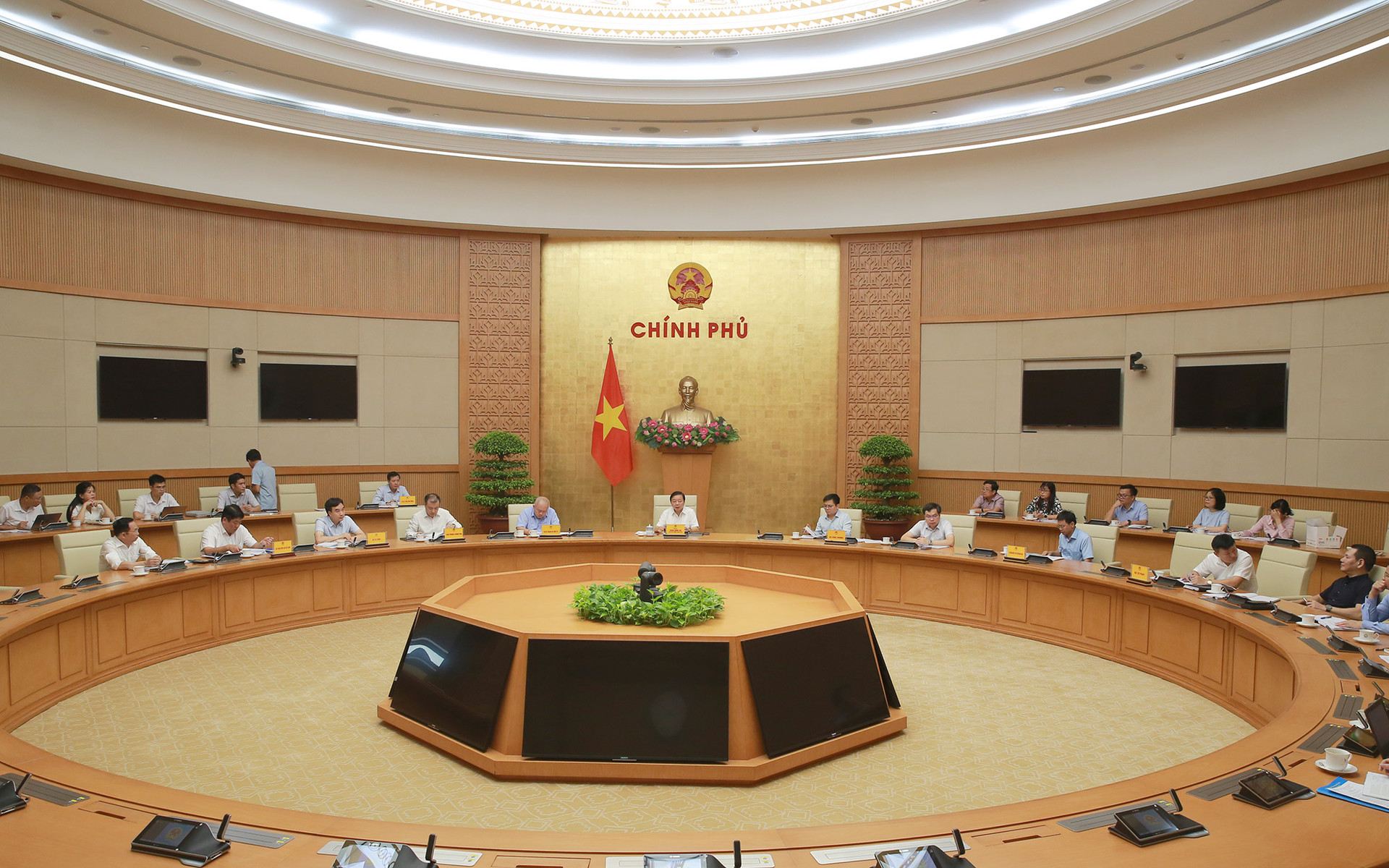
Delegates said that the difficulties and shortcomings related to electricity development that do not have a sufficient legal basis to resolve must be specifically institutionalized in the Electricity Law (amended) - Photo: VGP/Minh Khoi
Removing shortcomings and obstacles due to lack of legal basis
At the meeting, delegates discussed and analyzed a number of major issues facing the electricity sector. First of all, there are problems in the management authority between the Central and local governments and the lack of a clear implementation process when investing in electricity projects (power sources, transmission infrastructure) with the participation of both state-owned and private enterprises. Mechanisms and policies for developing renewable energy and new energy, especially solar power, wind power, biomass power, waste-to-energy, etc., are still lacking. The electricity market has not met the requirements for implementing a competitive retail electricity market. The contents on safety of power source projects (hydropower, renewable energy power), and electricity use have not been fully regulated.
Mr. Le Dai Hai (Deputy Director of the Department of Civil and Economic Law, Ministry of Justice ) said that the difficulties and inadequacies related to electricity development but there is not enough legal basis to resolve them must be specifically institutionalized in the Electricity Law (amended).
Meanwhile, Deputy Minister of Planning and Investment Do Thanh Trung said that the Electricity Law must solve two important problems: bidding, investor selection and electricity prices.
General Director of Vietnam Electricity Group Nguyen Anh Tuan proposed to unify the regulations on bidding to select investors for power source development projects according to principles and criteria on electricity prices; policies on converting fossil energy sources to low-emission fuel sources or renewable energy; applying the mechanism of calculating electricity prices according to the time of mobilization or steps to adjust the electricity usage behavior of households.
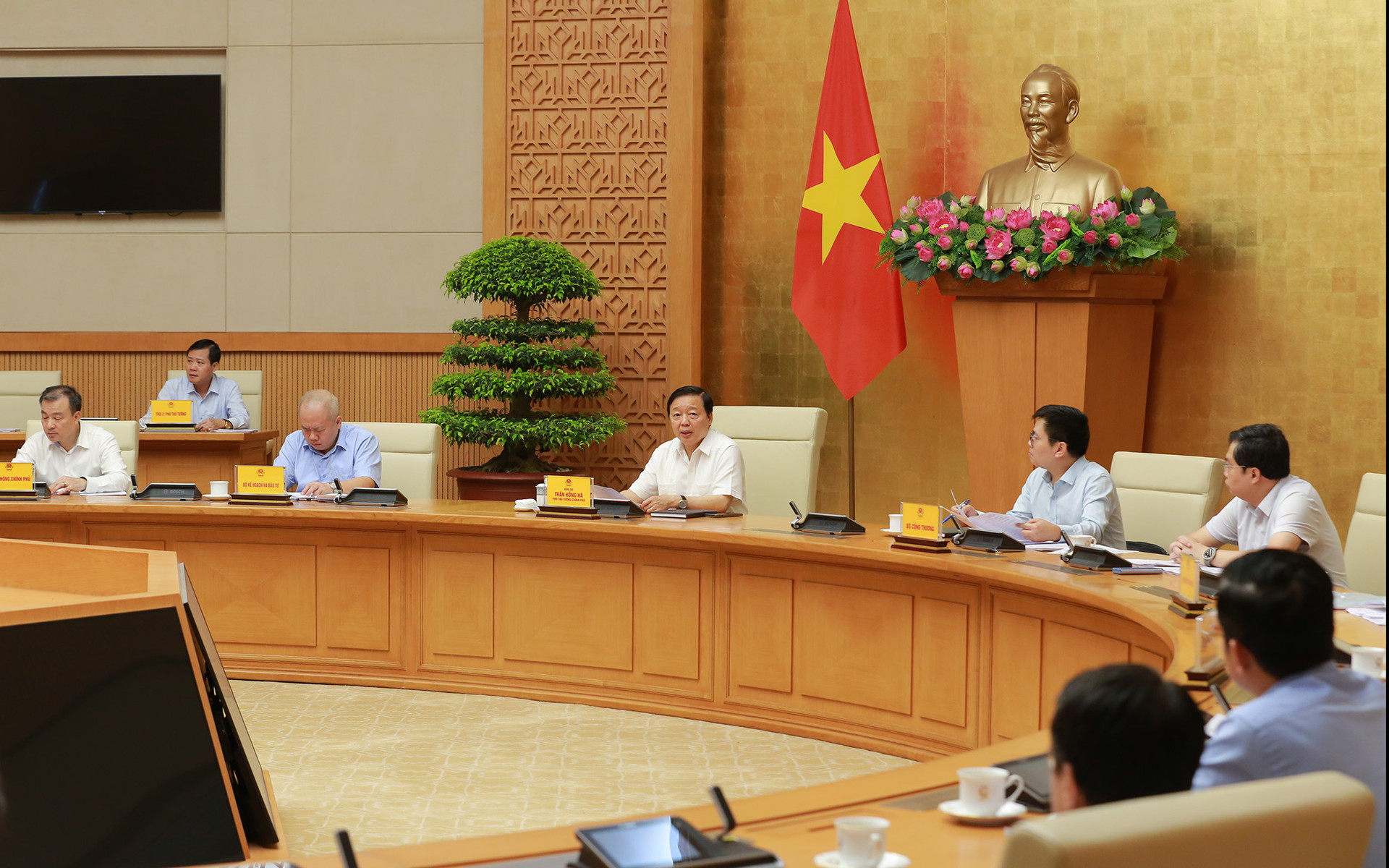
Three important policy groups in electricity development
Concluding the meeting, Deputy Prime Minister Tran Hong Ha requested the Ministry of Industry and Trade to review resolutions, documents, and directives of the Party, National Assembly, Government, and Prime Minister, and synthesize them into policy groups related to electricity development.
The Ministry of Industry and Trade fully accepts the comments and contributions, clearly points out the shortcomings, obstacles and difficulties in the electricity sector for businesses, people, state management agencies, legal regulations, etc. in response to the need to ensure energy security for the economy, while at the same time implementing international commitments on reducing greenhouse gas emissions, converting from fossil energy to renewable energy and clean energy.
The Electricity Law (amended) needs to address the relationship between market economy and socialist orientation in the direction of separating State management from business and electricity production; creating a legal corridor for renewable energy and research activities, receiving and transferring new energy technologies; developing and exporting offshore wind power, producing green fuels such as green hydrogen, green ammonia, etc.
The first is the largest, most important, and most difficult group of policies: developing the electricity market according to a market economy, competitive and transparent, from selecting investors in electricity projects to calculating the price of electricity sold to users.
The second is a group of policies to convert fossil energy sources to renewable energy and new energy; reduce negative impacts in the energy transition process on businesses, people and the economy.
The third is a group of policies related to research, transfer, mastery, development, application of science and technology, and digital transformation in the electricity industry; forming industrial centers for renewable energy and offshore wind power.
In addition, the Deputy Prime Minister also noted that the Ministry of Industry and Trade should pay attention to policies on efficient use, energy saving, and environmental protection; the strategy to develop Vietnam into an energy center of the region and the world; the role of the State in ensuring system safety, encouraging the development of baseload electricity (electricity storage batteries, pumped storage hydropower, safe nuclear power) to increase the rate of mobilization of renewable energy, new energy, etc.
Source: https://baotainguyenmoitruong.vn/xay-dung-thi-truong-dien-canh-tranh-hoan-chinh-mo-khong-giant-moi-cho-nang-luong-tai-tao-376721.html



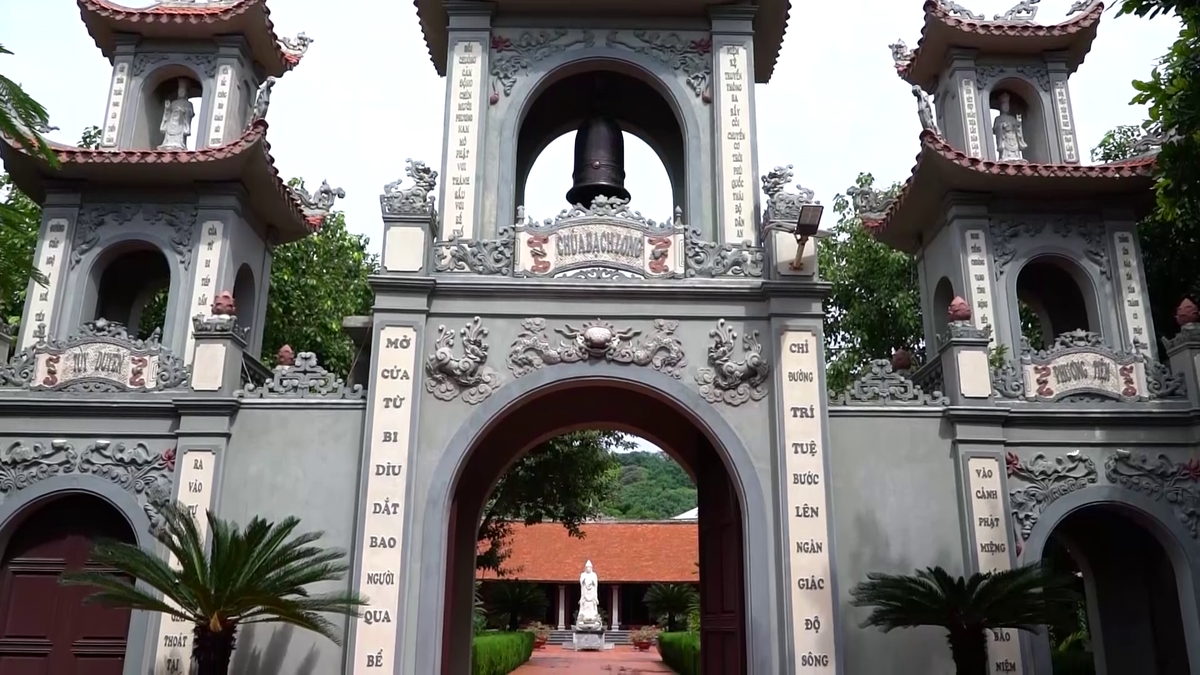




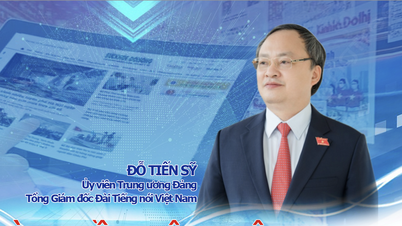

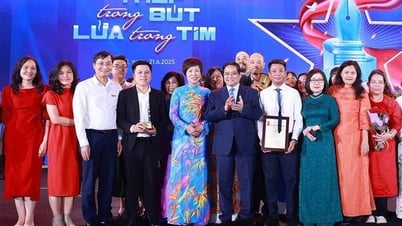
























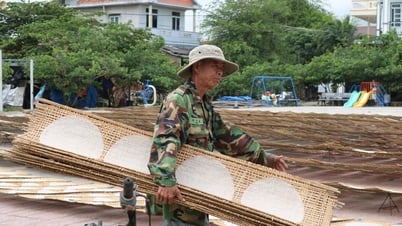



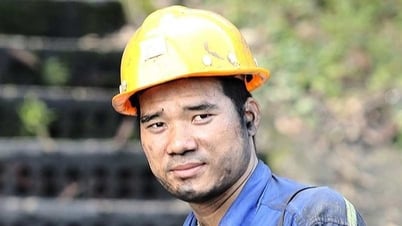








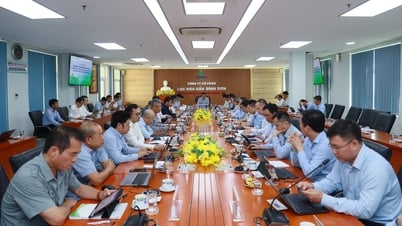




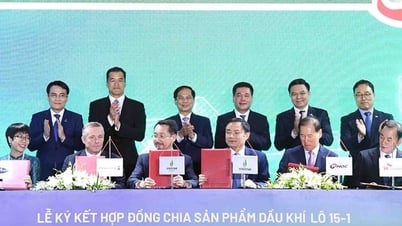
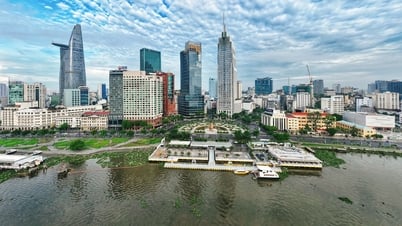

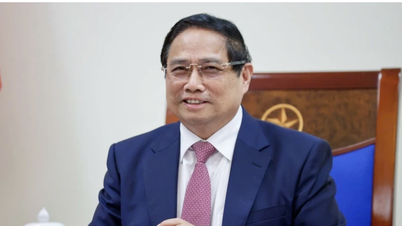

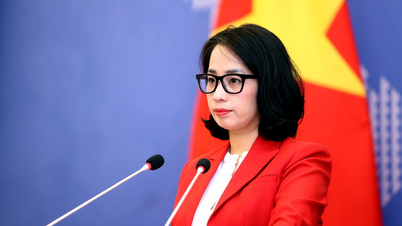


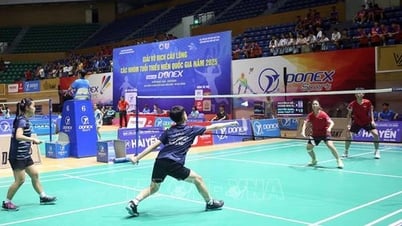





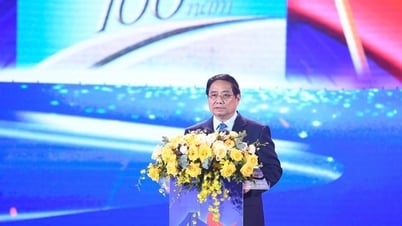
![[Infographic] Party Committee of the Ministry of Culture, Sports and Tourism: Marks of the 2020 - 2025 term](https://vphoto.vietnam.vn/thumb/402x226/vietnam/resource/IMAGE/2025/6/22/058c9f95a9a54fcab13153cddc34435e)
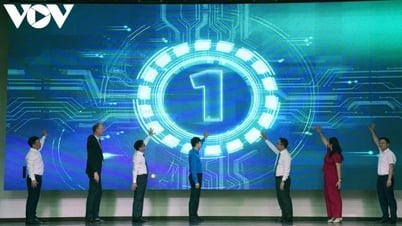





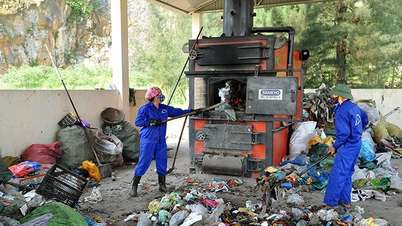

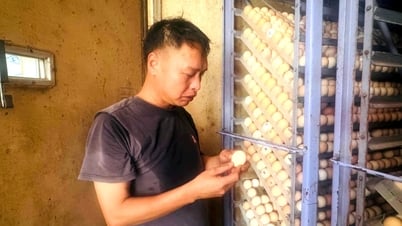
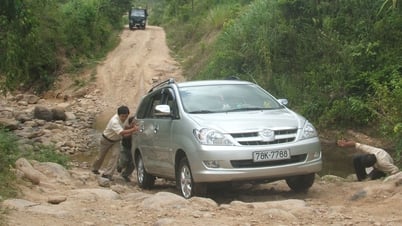















Comment (0)